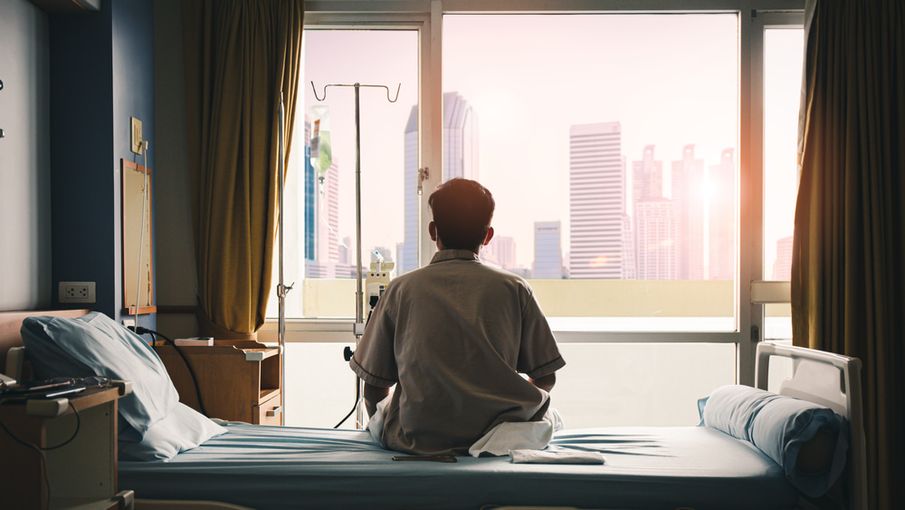The figures show that the number of under-20s with eating disorders admitted to hospitals is nearly 50% higher than in 2019–2020
According to data from NHS Digital, the number of under-20s who have been admitted to hospitals for treatment for eating disorders had increased by nearly 50% since the same period between 2019–2020. In total, 3,200 people were admitted, compared with 2,200 from the previous year.
In addition, nearly three in 10 patients wait longer than the recommended one week for urgent referrals, and four weeks for routine support – and the waiting list for these services is now three times higher than it was before the pandemic.
So, why have these numbers risen so drastically?
In research that explores this question, Bupa UK found that 46% of teens surveyed had altered their eating habits during locking, with 84% saying they restricted food for a sense of control.
What is an eating disorder?
An eating disorder is a mental health condition where the individual controls their food intake to cope with feelings and situations. This can include both eating too much or too little. Find out more by visiting beateatingdisorders.org.uk
Speaking to these findings, experts from Bupa, Daniella Panton and Harriet Finlayson, said:
“COVID-19 may have made eating difficulties worse for children and young people because of increased anxiety, stress, and a change in their usual routine. Changing your eating habits every now and again is natural. But if food and eating feels like it’s taking over your life, it may develop into a disorder.
“During the uncertainty of lockdown, many young people have spent more time outside of their normal routine too, with social media being a common go-to for many to ‘pass the time’. Increased social media use puts you at a risk of looking at unhelpful and negative social media accounts, which further fuels any mental health struggles.”
Speaking to the BBC, Tom Quinn from the eating disorder charity Beat highlighted how, for those who already had an eating disorder, the pandemic may have caused this to worsen. For others, it may have played a role in them developing an eating disorder for the first time, and for those who had recovered it may have led them to relapse.
In light of this rise, the NHS is set to bring in new targets to improve performance across mental health services. But, for now, if you or someone you know is struggling with an eating disorder, reach out to a GP, or call the Beat helpline on: on 0808 801 067, or email help@beateatingdisorders.org.uk, or call the Youthline on 0808 801 0711 or email fyp@beateatingdisorders.org.uk
Need support? Connect with a counsellor using counselling-directory.org.uk


Comments